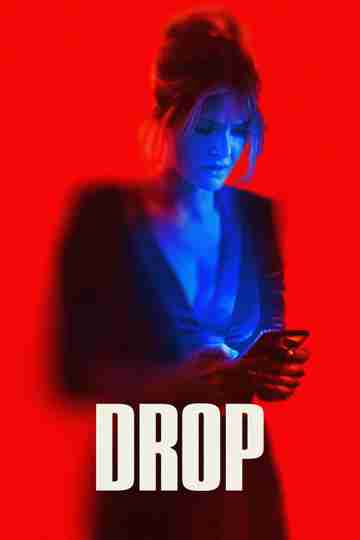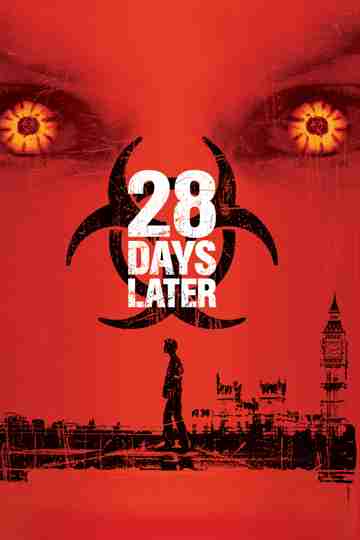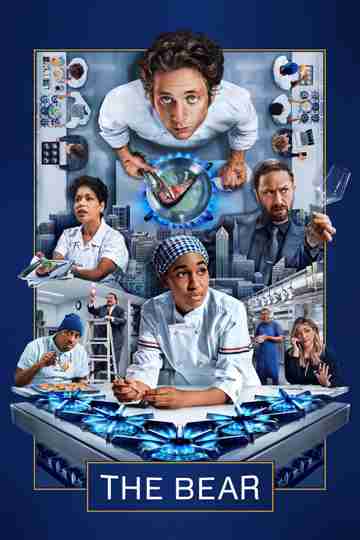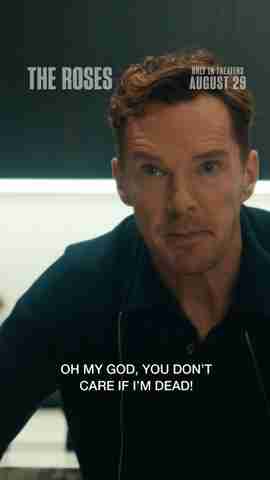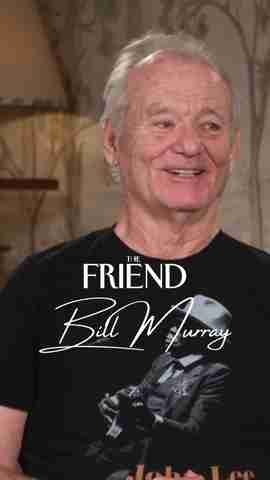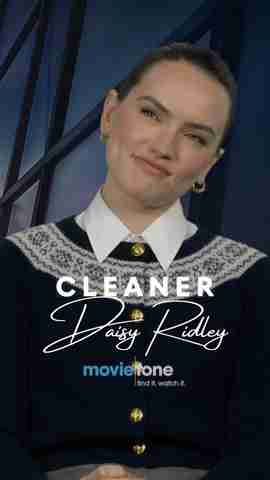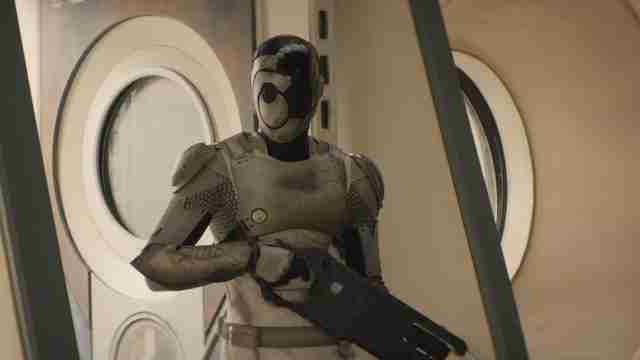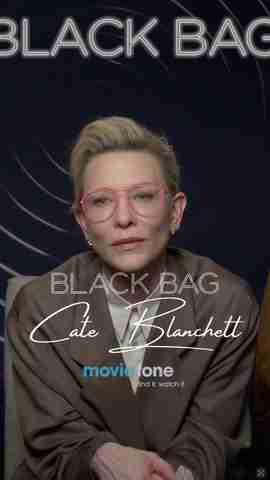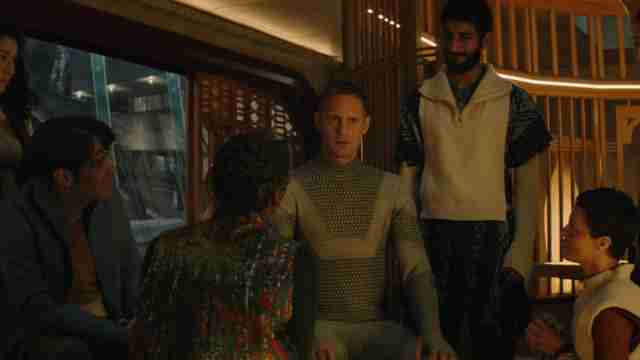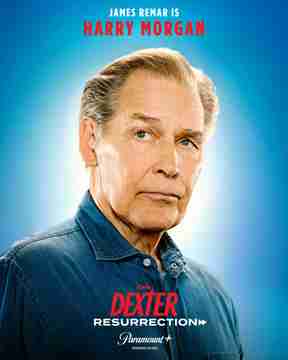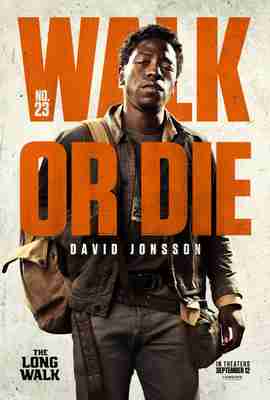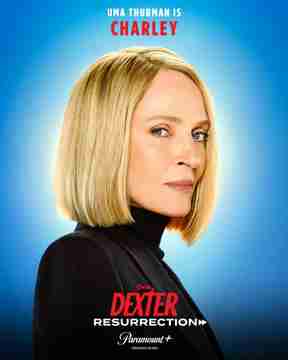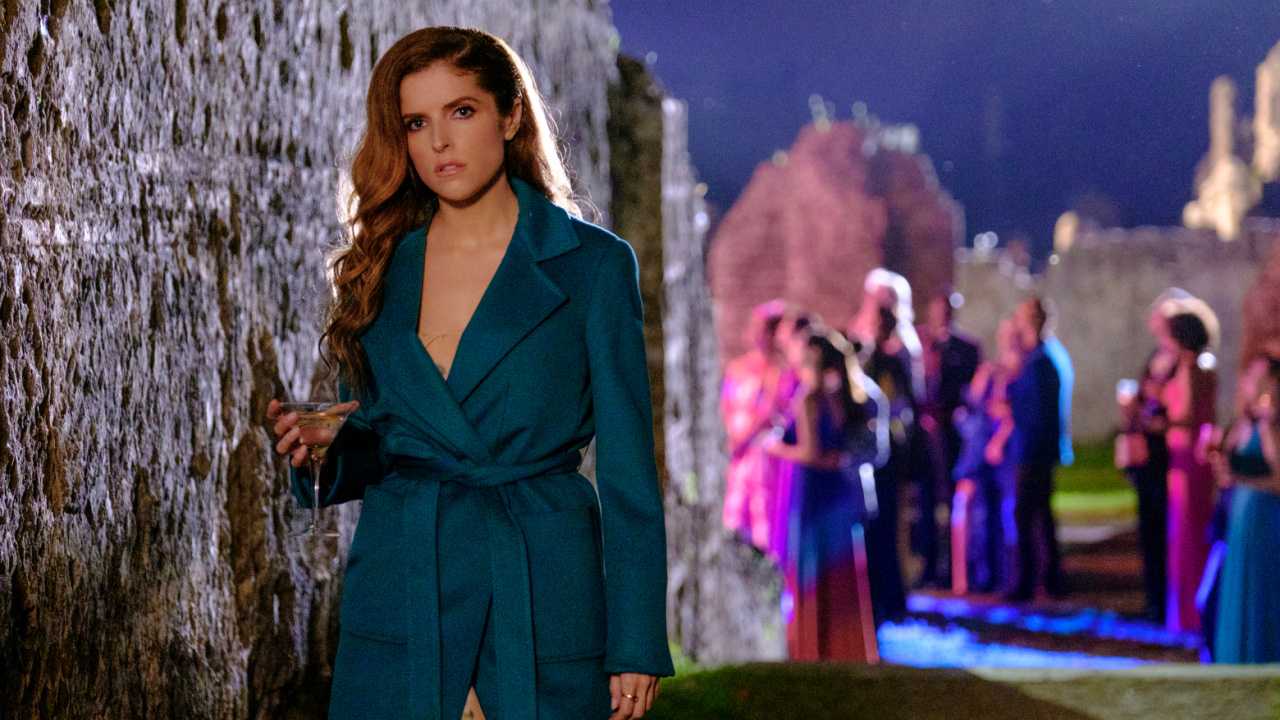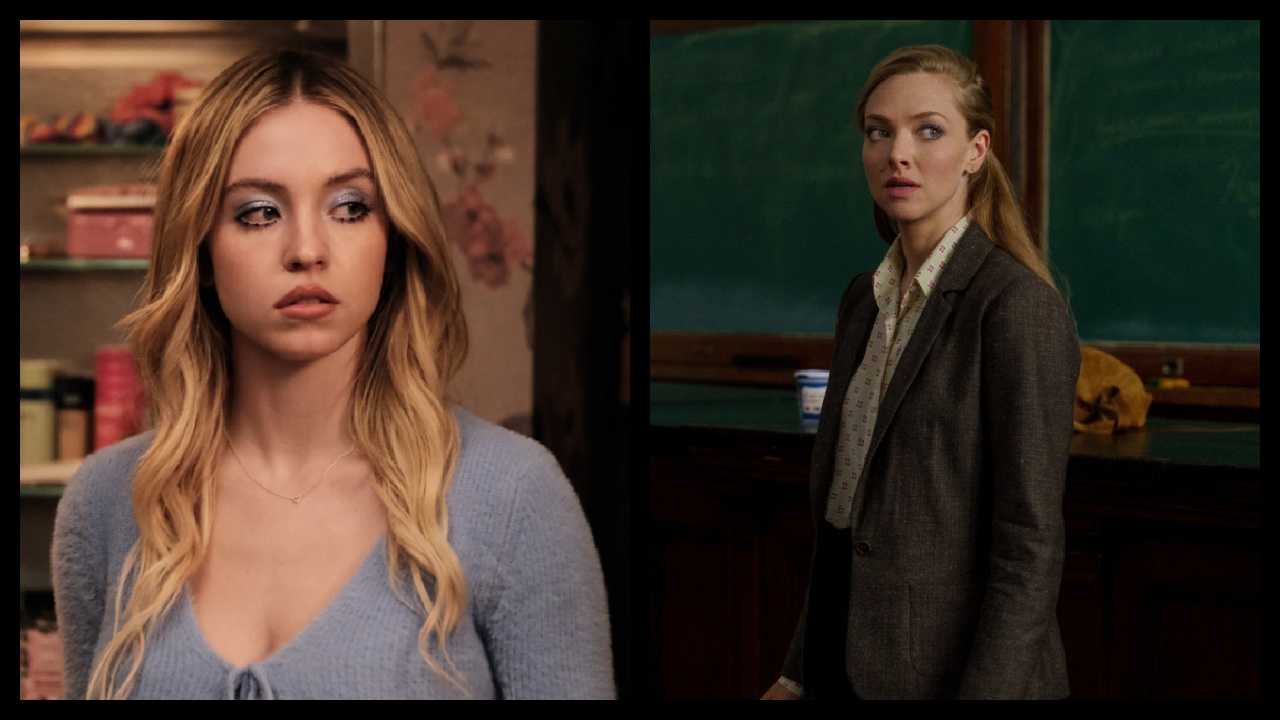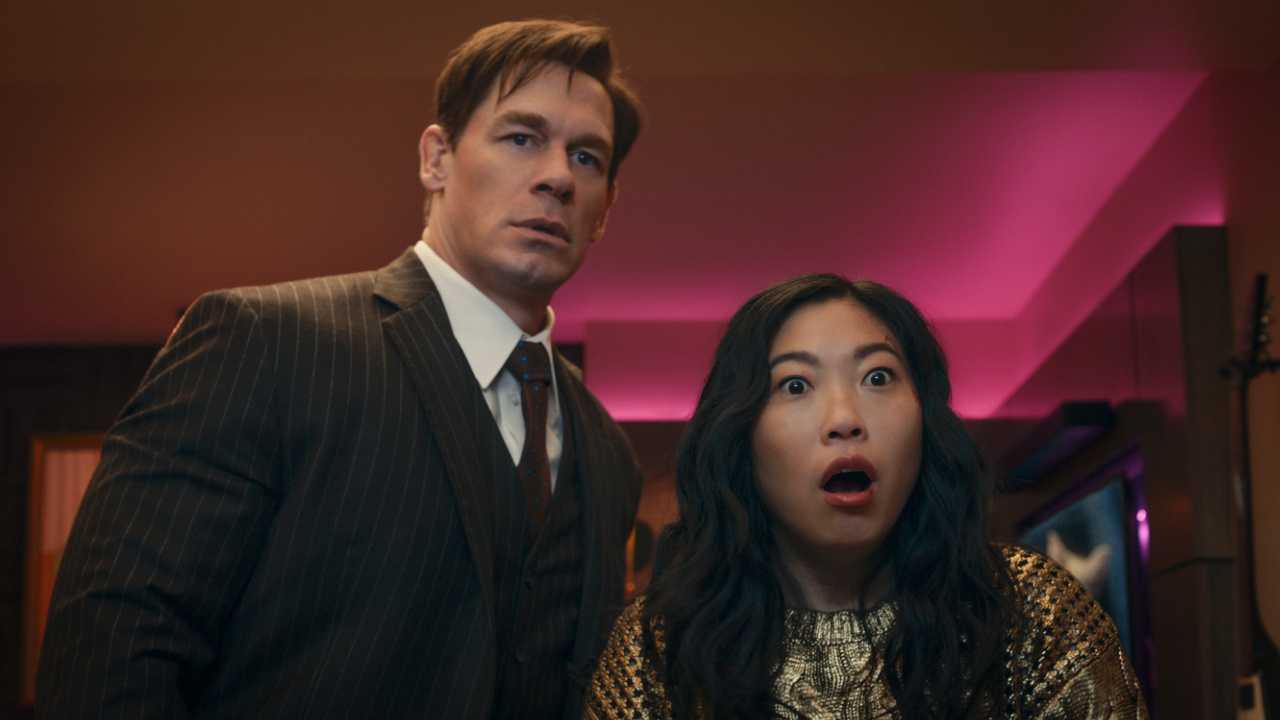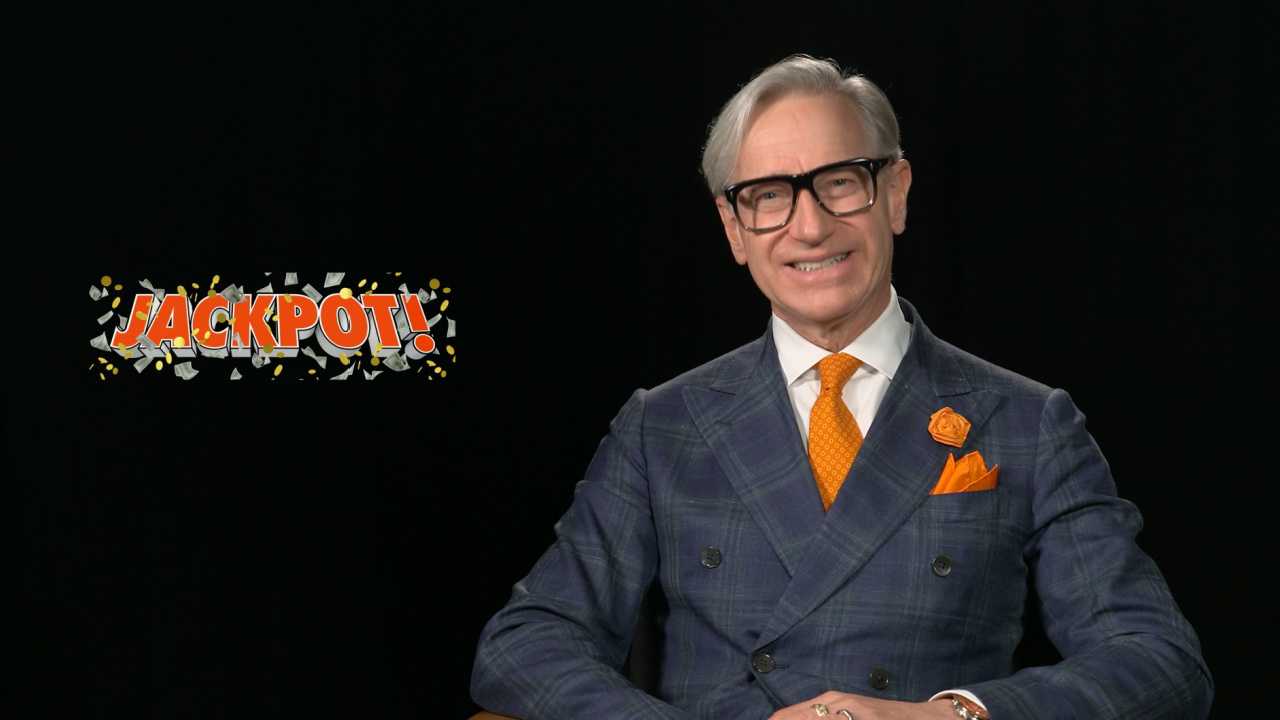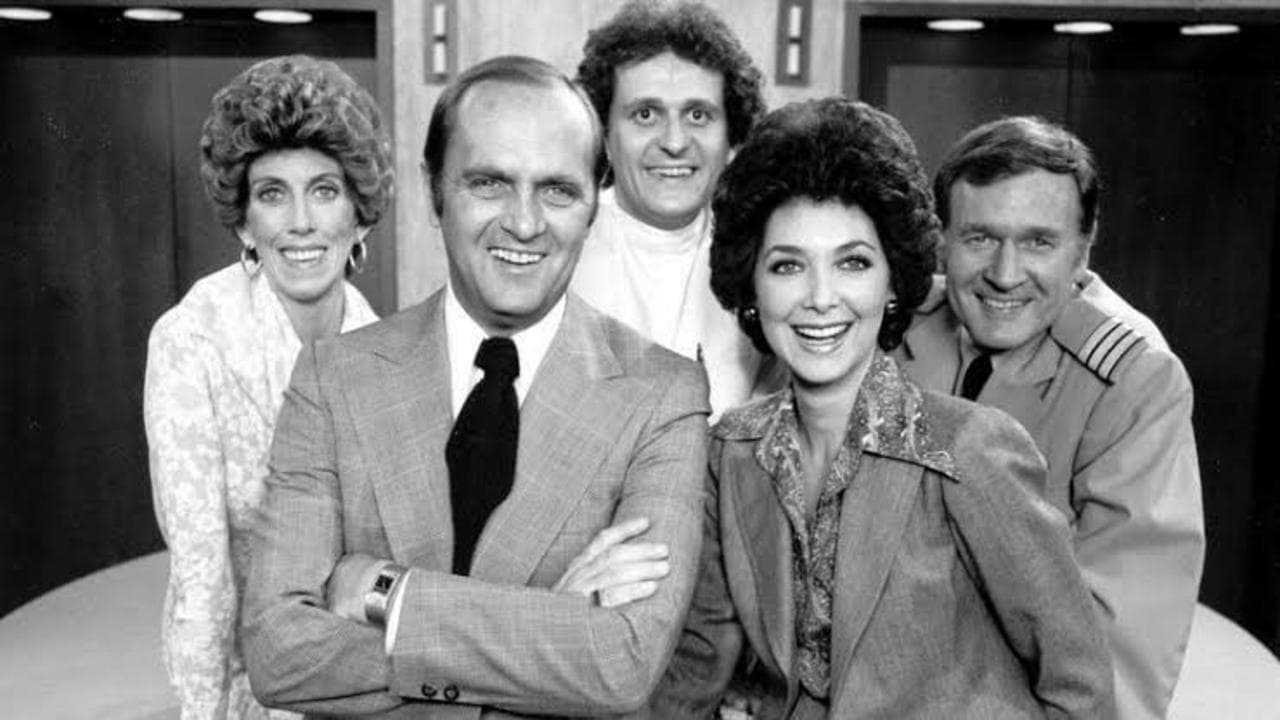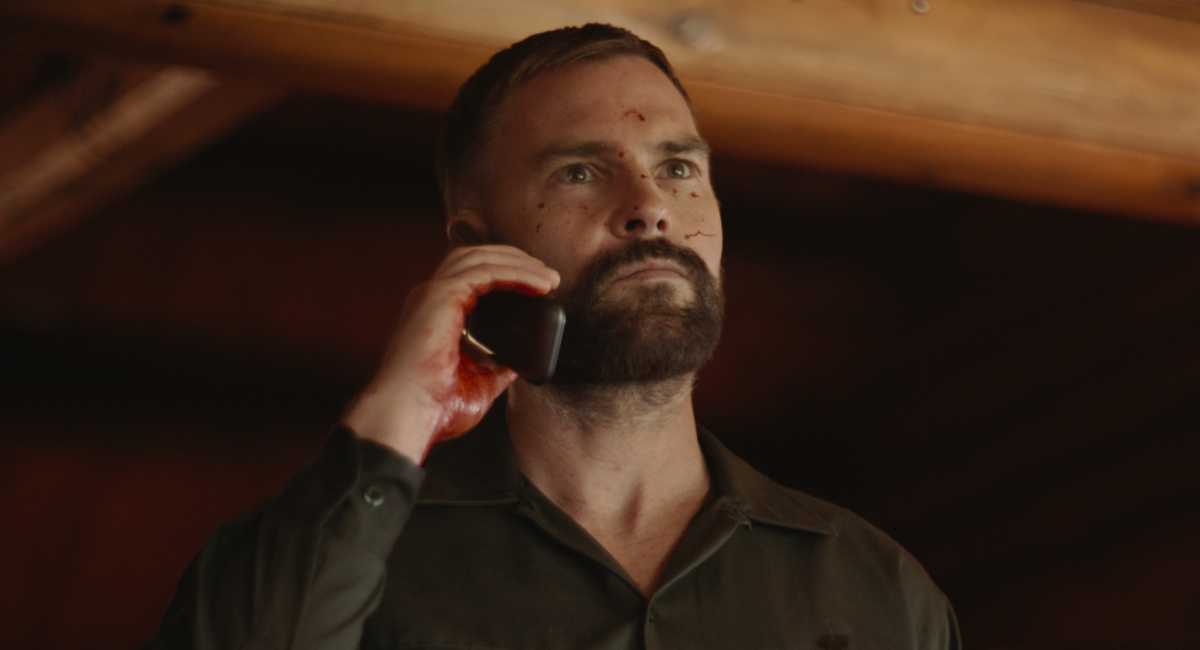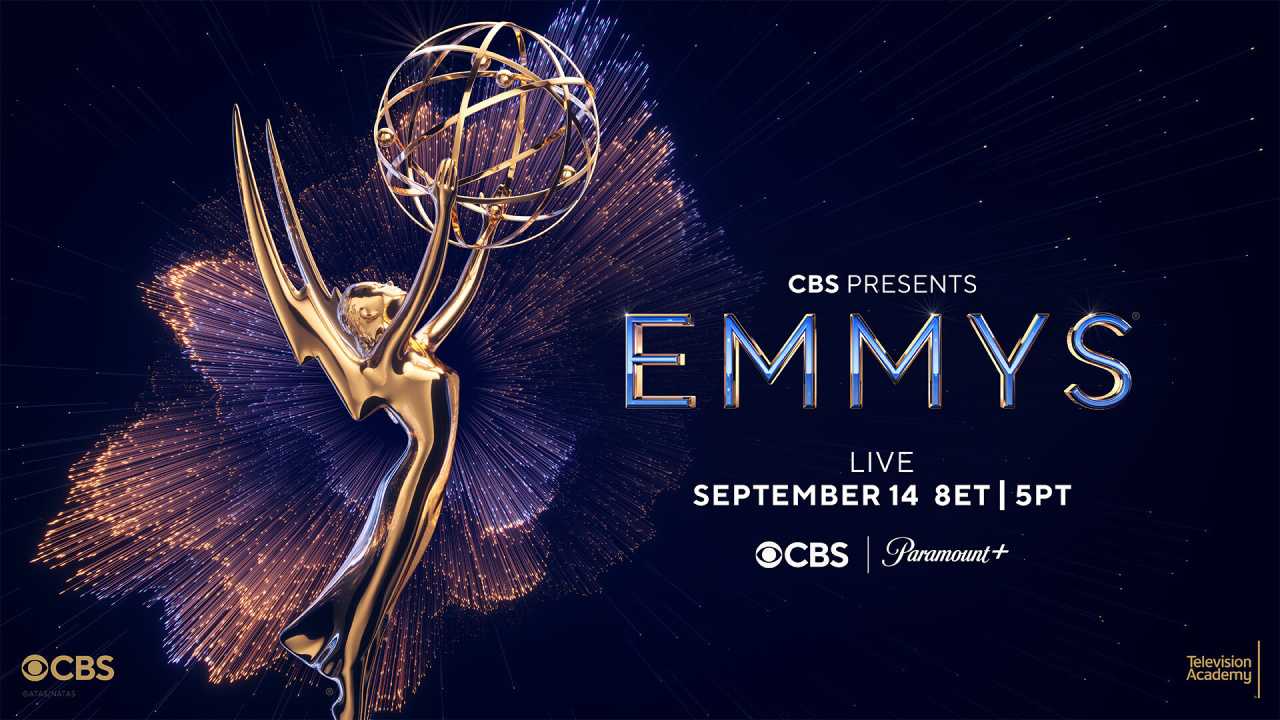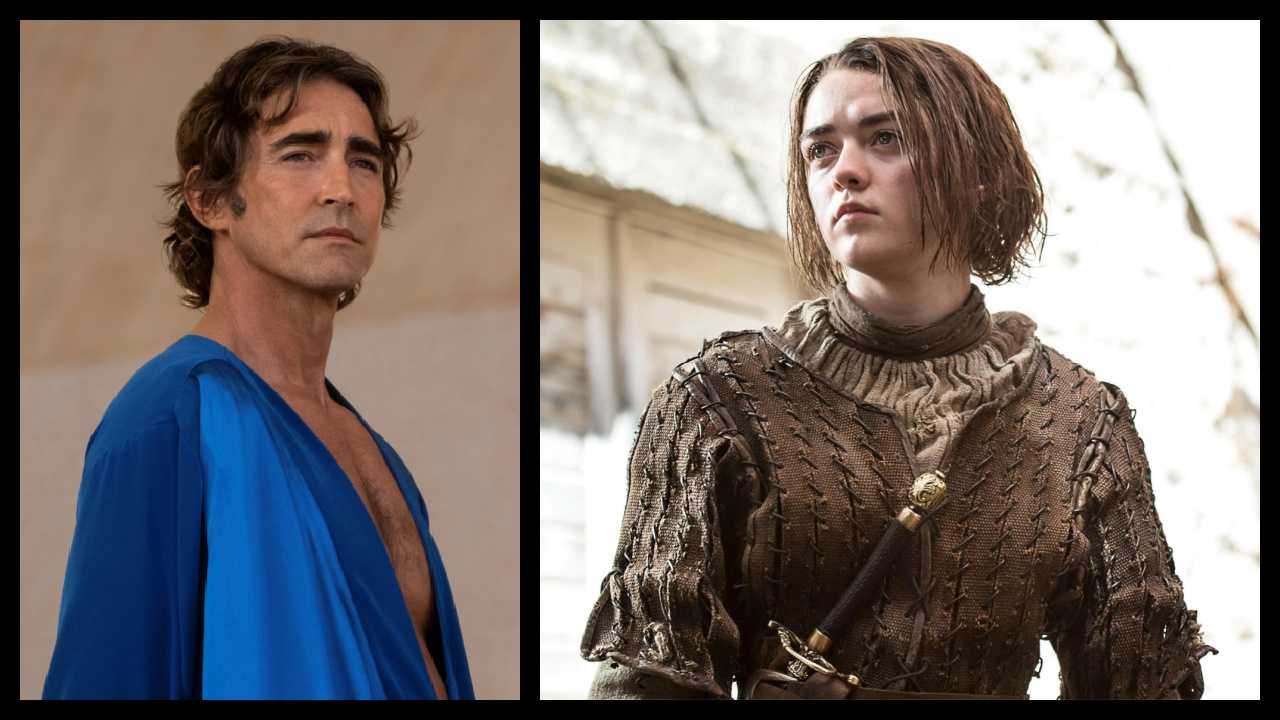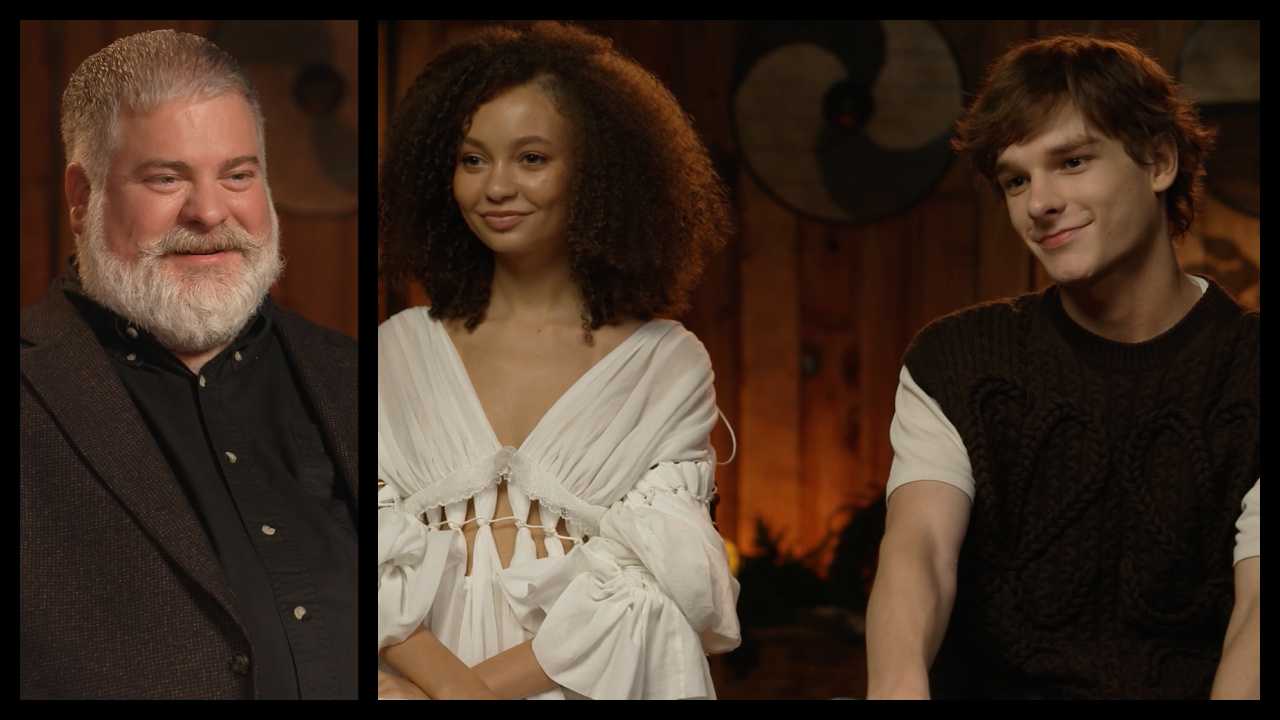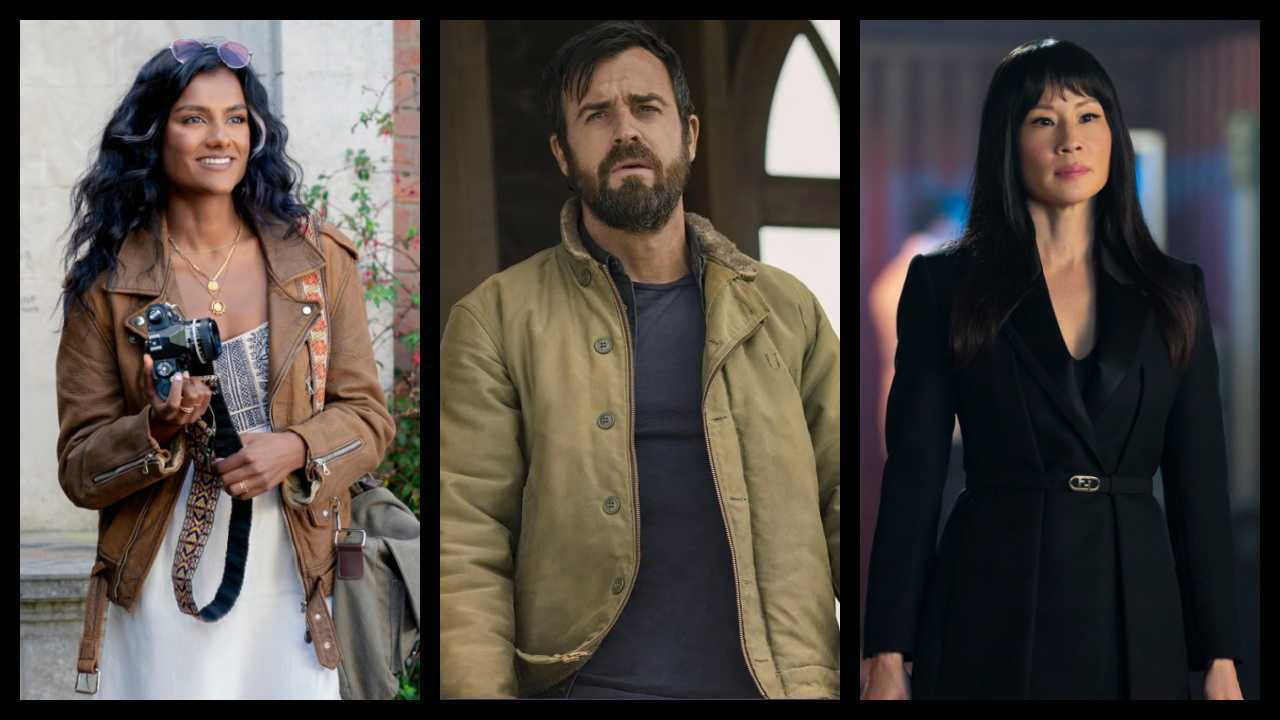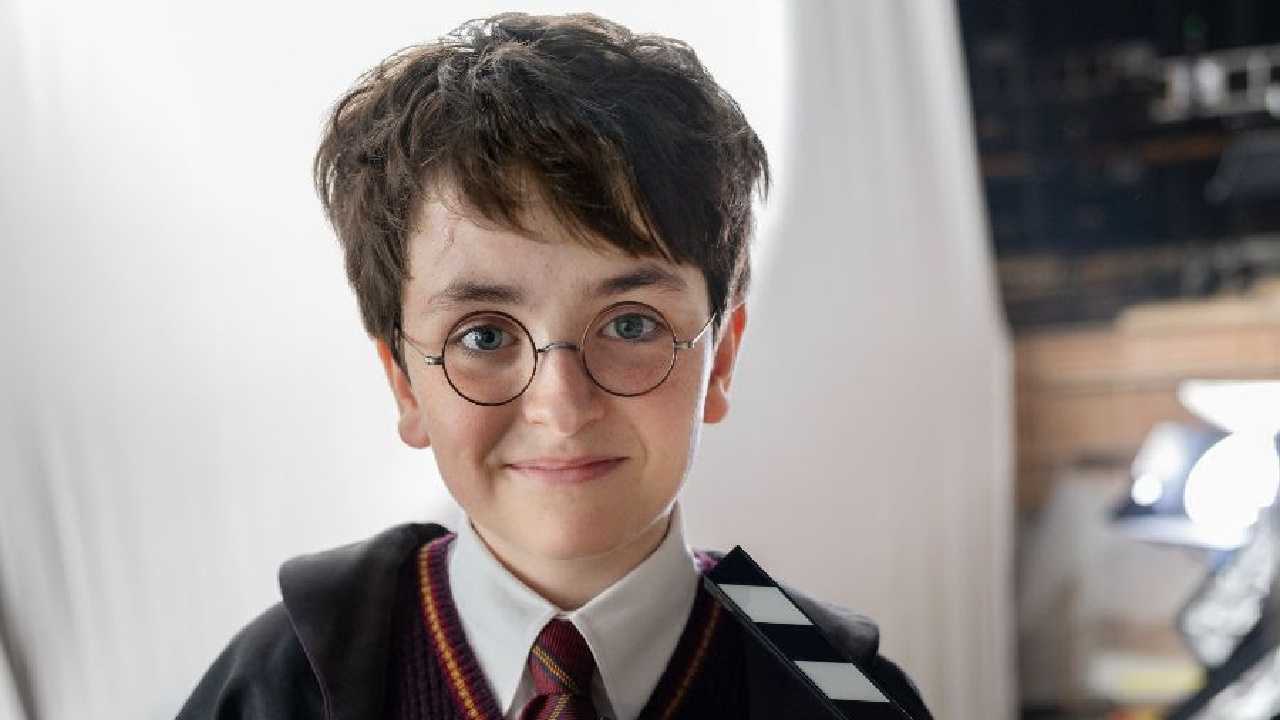Is Hollywood Heading for a Summer Box Office Disaster?
"Spy" should have been more of a sure thing at the box office.
The film, which reunites Melissa McCarthy with her "Bridesmaids" and "The Heat" director, Paul Feig, entered the weekend with good buzz, great reviews and modest competition. Pundits guessed it would open as high as $35-40 million.
Its actual opening, estimated at $30.0 million and good for first place, is nothing to sneeze at. Still, a debut that's as much as $10 million off expectations for such a seemingly can't-miss movie has to rate somewhere between disappointing and troubling.
"Spy's" underperformance wasn't the only ominous sign at the box office. Horror prequel "Insidious: Chapter 3" opened on the low end of expectations, premiering in third place with an estimated $23.0 million. "Entourage," which started out strong with a mid-week Wednesday opening of $5.7 million, was supposed to make $17 to $20 million over the weekend -- not bad for a poorly-reviewed, R-rated adaptation of the HBO series that went off the air four years ago. But the continued adventures of Vinnie Chase and his "Bro-pack" eventually underwhelmed, debuting in fourth place with an estimated $10.4 million for the weekend. (Its five-day take is estimated at $17.8 million.)
Overall, the box office was down 4.4 percent from last week -- which in turn was down 10.3 percent from the weekend before, which declined 16.4 percent from the weekend before that. These declines come as the numbers from May reveal a box office that's 17.7 percent behind last year. That's despite such huge May 2015 hits as "Avengers: Age of Ultron," "Pitch Perfect 2," and "San Andreas." Then again, even "Ultron" didn't open as big as it was supposed to or maintain the momentum of the previous "Avengers." (At this point in its run, 2012's "The Avengers" had earned $577.9 million, $139.9 million more than "Ultron.")
If this trend keeps up, the summer box office will end up $718 million behind last summer's $4.1 billion take. That would be a disaster for an industry whose bread and butter is summer earnings, particularly from big-budget spectacles that are about all Hollywood knows how to market anymore.
What's behind the unenthusiastic response to this summer's movies? Here are five conclusions the studios can draw from the summer so far.
1. You Can't Count on Star Power
McCarthy has done well in the past as part of an ensemble, or paired with at least one other star who's a current draw (Sandra Bullock, for example). But on her own? Not so much. Last summer's "Tammy" did earn some $84.5 million overall, but it was all McCarthy's show, and it didn't earn the dollars or the reviews that her teamwork movies have.
Similarly, "Tomorrowland" boasted George Clooney's best opening in years, but his name alone wasn't enough to sell the movie across the board. Neither was Reese Witherspoon (or Sofia Vergara, the highest-paid actress on TV) for "Hot Pursuit." About the only stars who've helped sell tickets this summer are Anna Kendrick ("Pitch Perfect 2") and Dwayne Johnson ("San Andreas"), and both were relentless in promoting their movies on TV and in social media.
2. You Can't Count on Counter-programming
For months, this column has argued that counter-programming is no longer an effective strategy, whether you're putting out a female-driven film on a weekend where a male-driven movie is expected to dominate, or vice versa.
Certainly, guys weren't drawn to the testosterone-heavy "Entourage" just because "Spy" has a female lead. In a way, this is actually good news. After all, "Spy," "San Andreas," and "Ultron" have succeeded in part because they appealed to both men and women. There have been a lot of (justified) complaints about Hollywood sexism in recent months, complaints about the relative lack of work for women both in front of and behind the camera, but at least the industry is starting to wake up to the fact that women buy movie tickets, too, and maybe it would be a good idea to take their tastes into account.
3. Moviegoers Have Short Memories
"Mad Max: Fury Road" had some of the best reviews of the year, featuring stars Tom Hardy and Charlize Theron, and was a big-budget action spectacle meant to appeal to men and women alike. It's earned a pretty good $130.8 million in four weeks. But it must have disappointed any industry observers who expected it to do better because it was based on a familiar franchise. After all, the last installment was 30 years ago, with another male lead. (What was his name, again?)
Similarly, no one went to see "Poltergeist" ($44.5 million in three weeks) just because it's a reboot of a horror classic from 33 years ago; indeed, any moviegoer old enough to have fond memories of the original film or its 1980s sequels was likely disappointed with the new version. Hollywood has a tendency to mine any known title for the sake of a little brand familiarity, but after a certain number of years, that doesn't matter to young moviegoers who don't revere the original, nor to old moviegoers who fear their fond memories will be tarnished by the updated version. Which is one of the few clouds on the horizon for next week's "Jurassic World," a franchise reboot that comes 14 years after the previous installment.
4. The "Originality" Problem
Audiences say they're tired of retreads and sequels, but when an original movie like "Hot Pursuit," "Tomorrowland," or "Aloha" hits theaters, viewers don't show up -- or, in the case of "Spy," don't show up in droves as expected.
Pundits have seen these results as a sign that original movies don't work, but they're really just a sign that original movies don't work if they're not well-made or well-marketed. "San Andreas," derivative as it is, did fine. Hopes remain high for upcoming original films "Inside Out" (the Pixar name should be enough to sell it) and Amy Schumer's much-buzzed comedy "Trainwreck." And it's worth noting that some of this summer's most successful (or most likely to succeed) sequels -- "Ted 2," "Magic Mike XXL," "Minions" -- are from franchises that started out as original films. The sequels should work just as well as the first installments did -- if they're properly executed, and if marketers don't drop the ball.
5. Anticipation
Some pundits theorize that moviegoers are staying home until the premieres of the films they really want to see -- next weekend's "Jurassic World," perhaps, or "Inside Out" on June 19. Until then, they're saving their money. Why blow your comedy dollar on "Spy" if you can see "Ted 2" in three weeks? Or why see "Poltergeist" when "Insidious: Chapter 3" is opening two weeks later? That seems to be the argument, though "Poltergeist" opened almost as big as "Insidious," with $22.6 million, before dropping like a rock in the two weekends since.
In the end, it should just be as simple as making movies people actually want to see, and getting the word out about them to drum up interest. There just haven't been many movies so far this summer that people wanted to see as much as they wanted to see last year's "Maleficent," "X-Men: Days of Future Past," and "Godzilla." At least two of those films were well-made, and all of them were well-marketed. This summer still has three months left to go. CGI dinosaurs and CGI potty-mouthed teddy bears may be enough to make up for May slackness, but if not, Hollywood had better cross its fingers that it has more to offer this summer that will entice viewers out of their living rooms.



